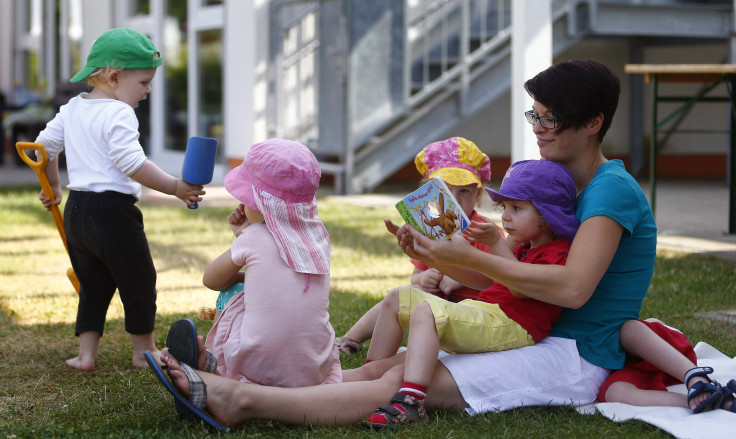Children Exposed To Multiple Languages Can Communicate Better

A new study carried out by psychologists from University of Chicago has revealed that young children who hear more than one language spoken at home become better communicators in the future. The key for effective communication lies in one’s ability to understand others’ perspective which is now proven by the researchers who claim that children exposed to multilingual environments in young age are better at interpreting a speaker's meaning than children who are exposed only to their native tongue.
The study findings, published online in the journal Psychological Science, also indicate that just exposure to more than one language is effective in building better social communication skills, while the children need not be speaking more than one language themselves. There are studies in the past which have examined the effects of being bilingual on cognitive development, but this new study is the first to establish the benefits of exposure to multiple languages socially.
Katherine Kinzler, associate professor of psychology and an expert on language and social development, says, “Children in multilingual environments have extensive social practice in monitoring who speaks what to whom, and observing the social patterns and allegiances that are formed based on language usage. These early socio-linguistic experiences could hone children's skills at taking other people's perspectives and provide them tools for effective communication."
The study was carried on a group of 72 children in the age group four to six years by study authors Kinzler and Boaz Keysar, professor of psychology and an internationally known expert on communication and cognition, and co-authors, doctoral students in psychology Samantha Fan and Zoe Liberman. The children were then divided into three groups, monolinguals (children who heard and spoke only English and had little experience with other languages); exposures (children who primarily heard and spoke English, but they had some regular exposure to speakers of another language); and bilinguals (children who were exposed to two languages on a regular basis and were able to speak and understand both languages). There were 24 children in each group who were then asked to play a communication game that required moving objects in a grid.
It was observed that the monolingual children were not as good at understanding the adult's intended meaning in this game with only 50 percent success rate, while the children in the exposure group selected 76 percent, and the bilingual group took the adult's perspective in the game correctly 77 percent of the time. Study co-author Samantha Fan says, “Language is social. Being exposed to multiple languages gives you a very different social experience, which could help children develop more effective communication skills."
To contact the writer, email:ruchira.dhoke@gmail.com





















